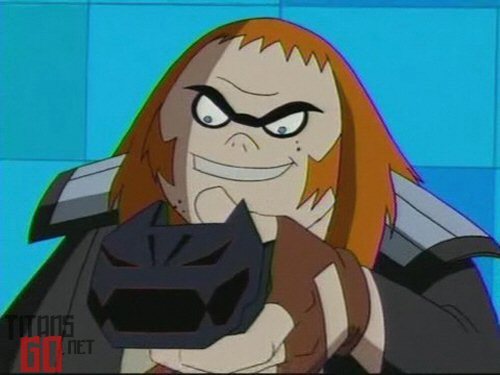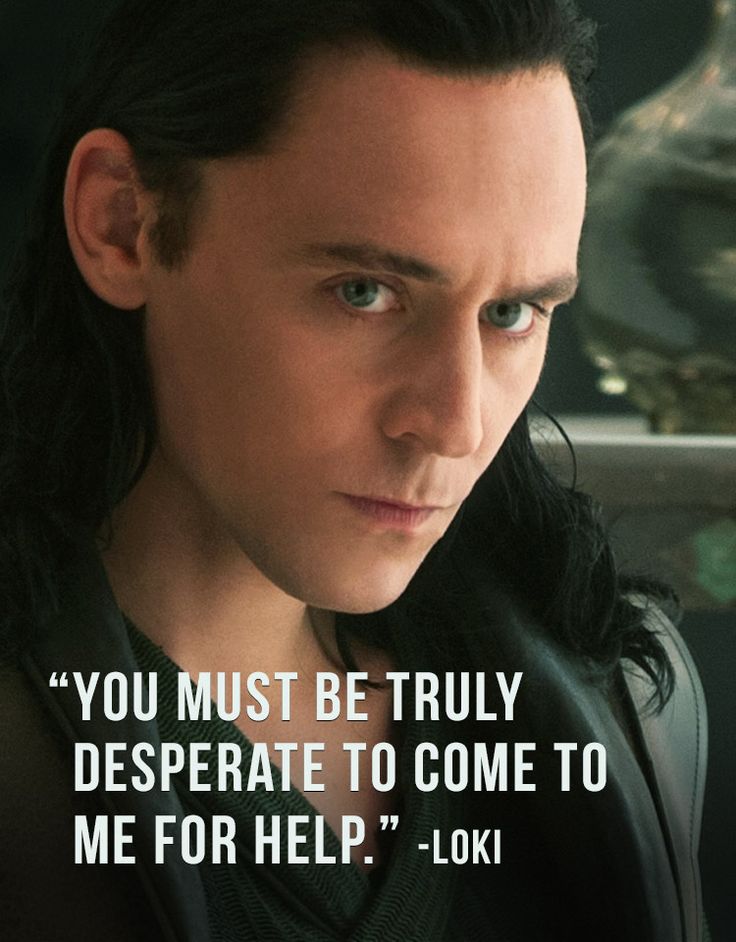All stories contain settings, characters, themes, and conflicts. Every roleplay I've ever seen that lasted longer than a week had the first three aspects down. My theory is that the fourth, conflict, separated the long-term games from the short ones. Sure, it's important to have members who are loyal and committed from the start, but there needs to be a challenge that constantly keeps them hooked, in the form of a worthy antagonist.
Since this is a topic that many roleplayers have considered in one way or another, I imagine it's been exhaustively discussed on a bunch of other forum boards. I could just do some independent research, but I very much prefer to mull it over with you guys, think through it in real time, get to know a couple of you better in the process.
BTW, this is here in the General Roleplay Discussion, and NOT somewhere else, because I'm talking specifically about a roleplay villain. RPs are shared stories, and thus, the villain is also shared. This means he has to be rooted in a certain villainous theme, yet be malleable enough to be used by the multiple authors of the same story without losing a recognizable shape. Or . . . should only ONE player ever control the villain? See, it's questions like this I'd like to use this thread to explore. For those of you who'd like to talk it over with me, I've got a few questions that may help prompt your response (not that you have to use them). For sake of clarity, let's assume that the RP participants are all ready to play their story to the end, even if it goes on for over 100 pages.
-Should one villain oppose the players, or a group? When is either more appropriate than the other?
-Should the original poster alone control the villain? If not, how much control should the players get?
-How well should the villain personally know the players from the start?
-Should the villain have a particularly conservative or liberal leaning? That is to say, how deeply should he challenge players' ethical philosophies?
-Is it possible for a villain to have selfless motivations without being fanatical or misguided?
-Are there ways a villain can be defeated time and time again, and still be seriously considered a threat?
-What are the most plot-effective ways for villains and heroes to gain intelligence and counterintelligence on each other?
-Do people prefer a villain who is a smug asshole, or one with a mild-mannered temperament?
-How does a villain effectively fluctuate in power level, strength/weaknesses, and evil plans over a prolonged period?
-What are the special "rules" in play, if any, when interacting directly with the villain? (I know, it largely depends on the situation.)
I can probably think of other questions, and if so, I'll add them. For now, this will do. For the record, I've been toying with the idea of making a genie/jinn villain. He grants wishes, as one might expect, but takes sadistic pleasure in using humanity's fallen nature against them. It's personal every time. It's his reason for living; he might literally die of boredom otherwise. He's smart, a master of disguise, and almost omnipotent, but has at least one previous client who is determined to kill him off somehow. I bring this villain up, not to draw attention to him, but as an example of the kind of thing I think many people would want in their common enemy.
So . . . let's talk villains.
Since this is a topic that many roleplayers have considered in one way or another, I imagine it's been exhaustively discussed on a bunch of other forum boards. I could just do some independent research, but I very much prefer to mull it over with you guys, think through it in real time, get to know a couple of you better in the process.
BTW, this is here in the General Roleplay Discussion, and NOT somewhere else, because I'm talking specifically about a roleplay villain. RPs are shared stories, and thus, the villain is also shared. This means he has to be rooted in a certain villainous theme, yet be malleable enough to be used by the multiple authors of the same story without losing a recognizable shape. Or . . . should only ONE player ever control the villain? See, it's questions like this I'd like to use this thread to explore. For those of you who'd like to talk it over with me, I've got a few questions that may help prompt your response (not that you have to use them). For sake of clarity, let's assume that the RP participants are all ready to play their story to the end, even if it goes on for over 100 pages.
-Should one villain oppose the players, or a group? When is either more appropriate than the other?
-Should the original poster alone control the villain? If not, how much control should the players get?
-How well should the villain personally know the players from the start?
-Should the villain have a particularly conservative or liberal leaning? That is to say, how deeply should he challenge players' ethical philosophies?
-Is it possible for a villain to have selfless motivations without being fanatical or misguided?
-Are there ways a villain can be defeated time and time again, and still be seriously considered a threat?
-What are the most plot-effective ways for villains and heroes to gain intelligence and counterintelligence on each other?
-Do people prefer a villain who is a smug asshole, or one with a mild-mannered temperament?
-How does a villain effectively fluctuate in power level, strength/weaknesses, and evil plans over a prolonged period?
-What are the special "rules" in play, if any, when interacting directly with the villain? (I know, it largely depends on the situation.)
I can probably think of other questions, and if so, I'll add them. For now, this will do. For the record, I've been toying with the idea of making a genie/jinn villain. He grants wishes, as one might expect, but takes sadistic pleasure in using humanity's fallen nature against them. It's personal every time. It's his reason for living; he might literally die of boredom otherwise. He's smart, a master of disguise, and almost omnipotent, but has at least one previous client who is determined to kill him off somehow. I bring this villain up, not to draw attention to him, but as an example of the kind of thing I think many people would want in their common enemy.
So . . . let's talk villains.


